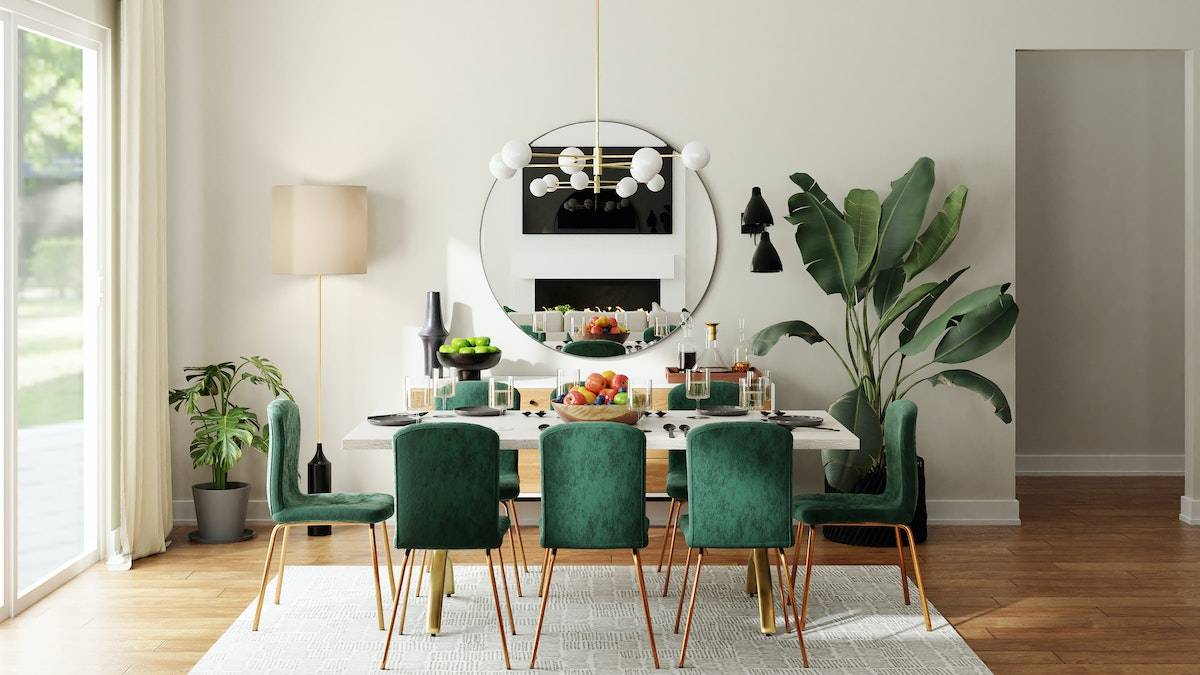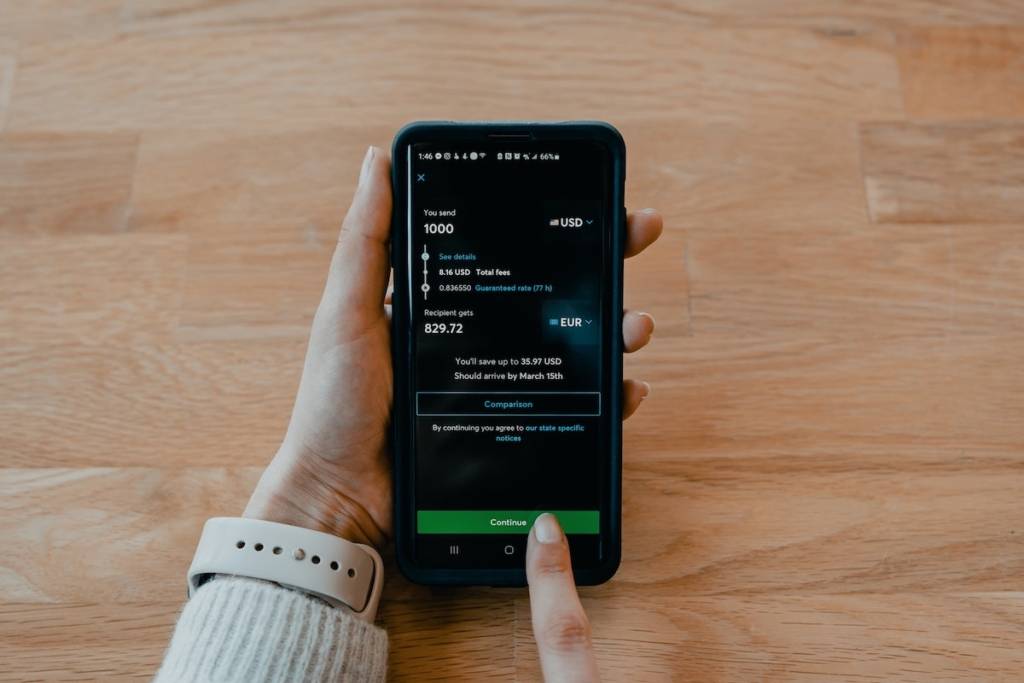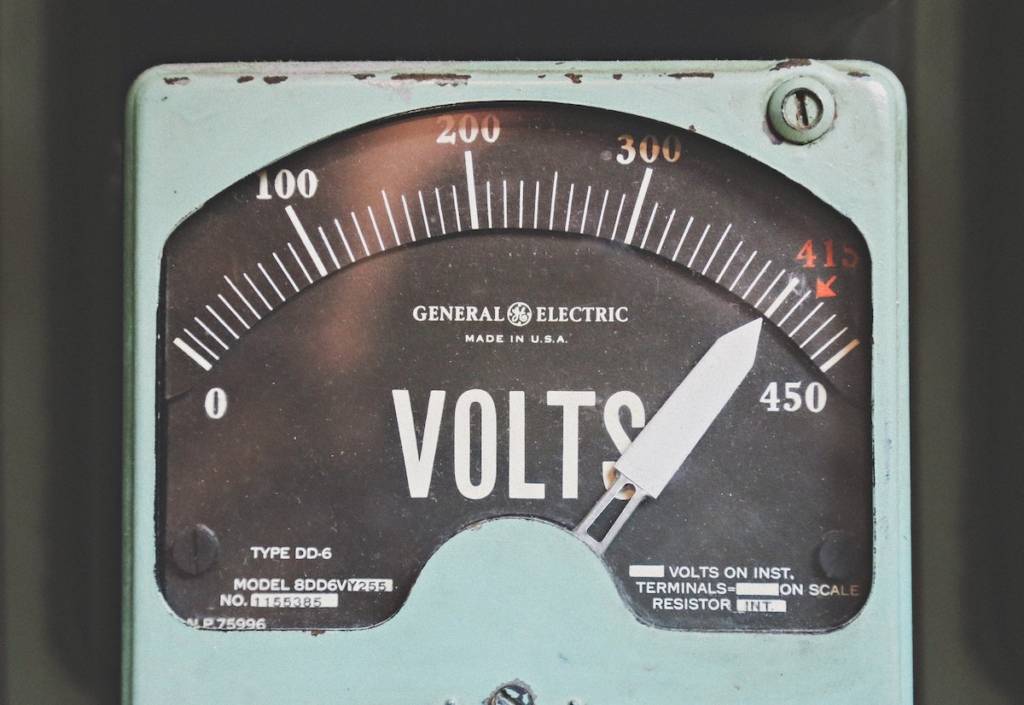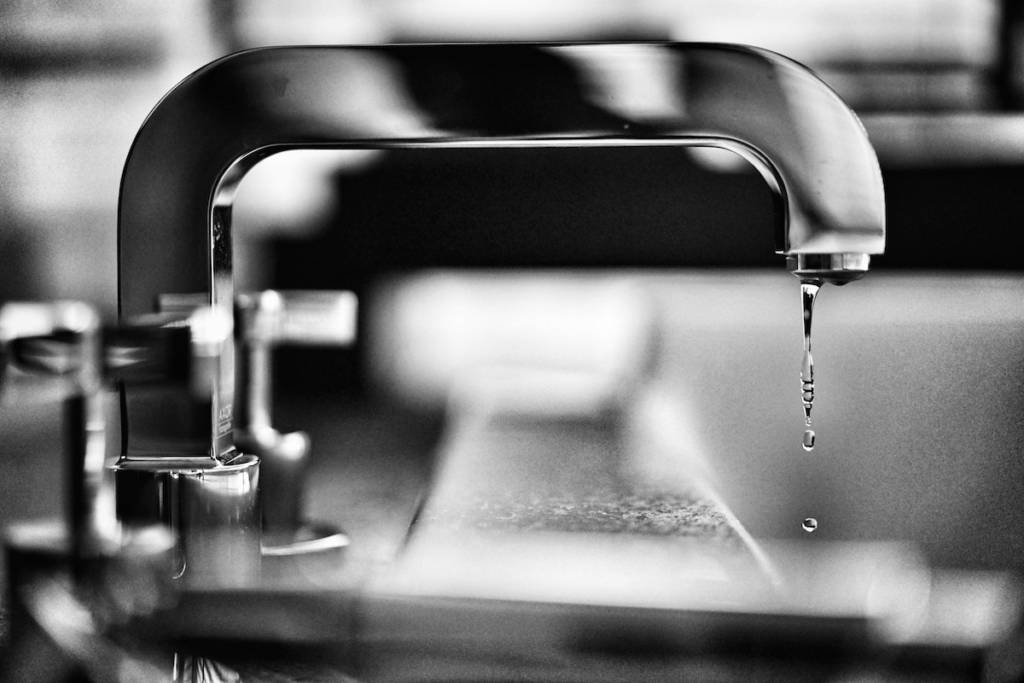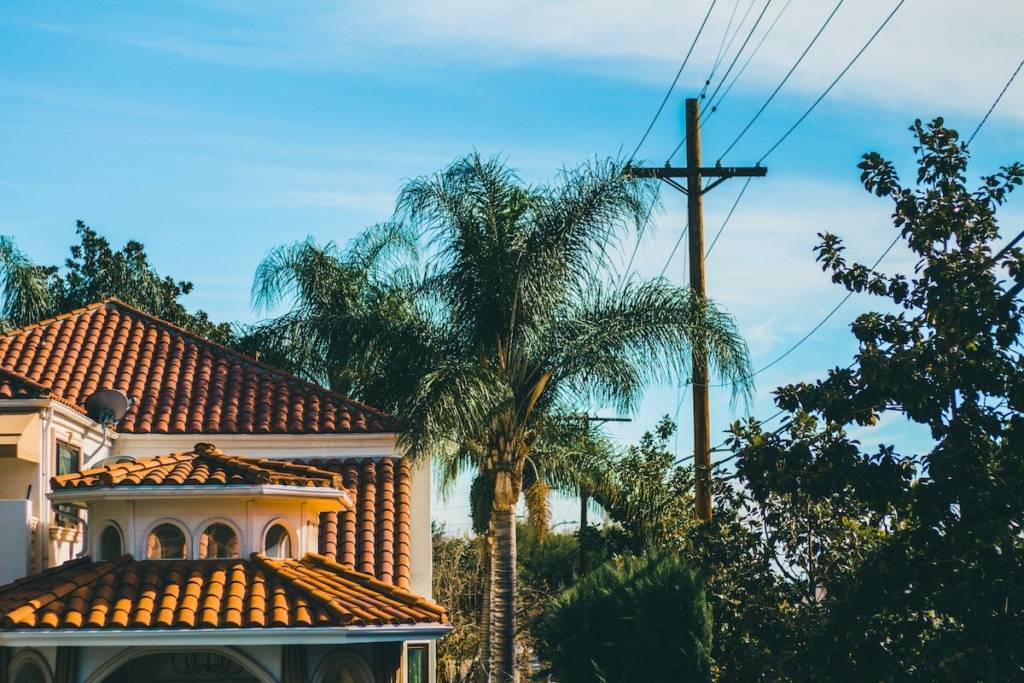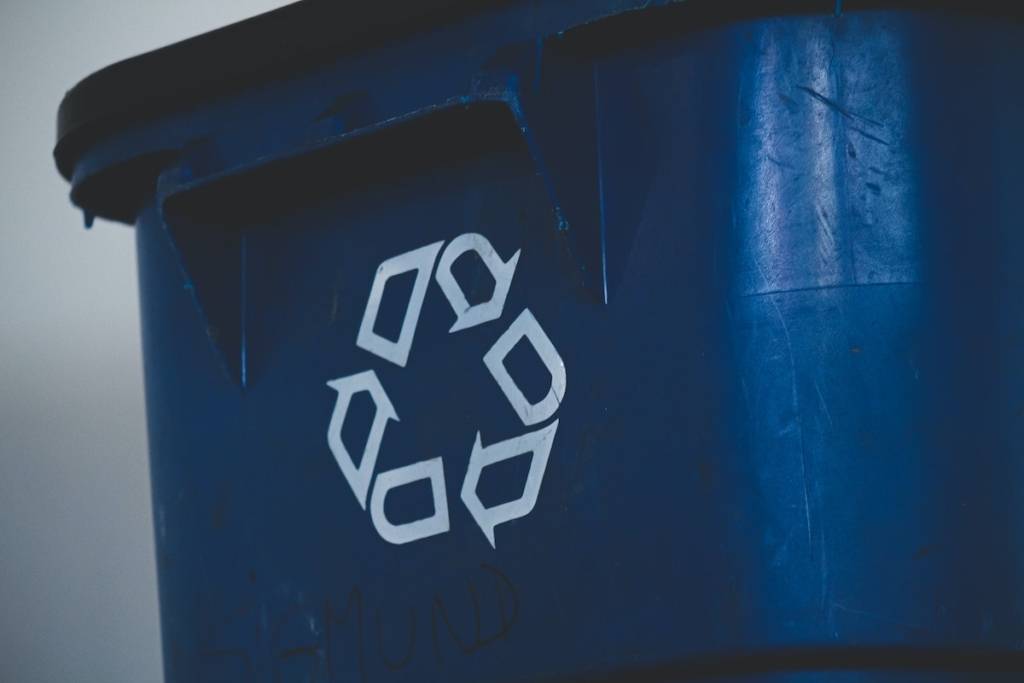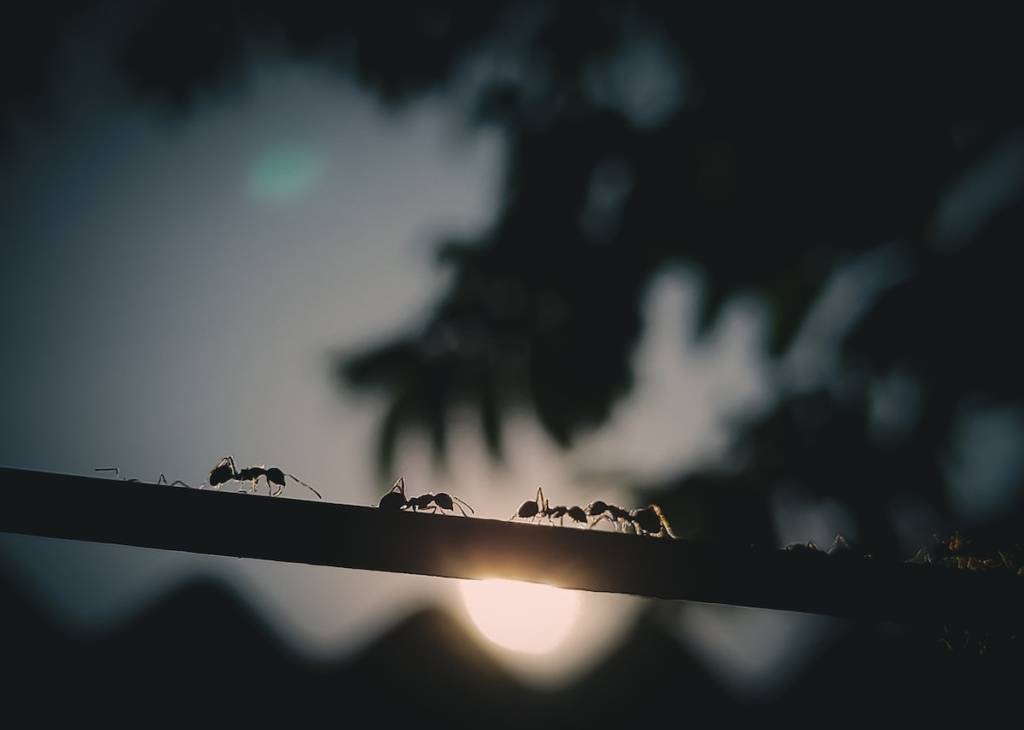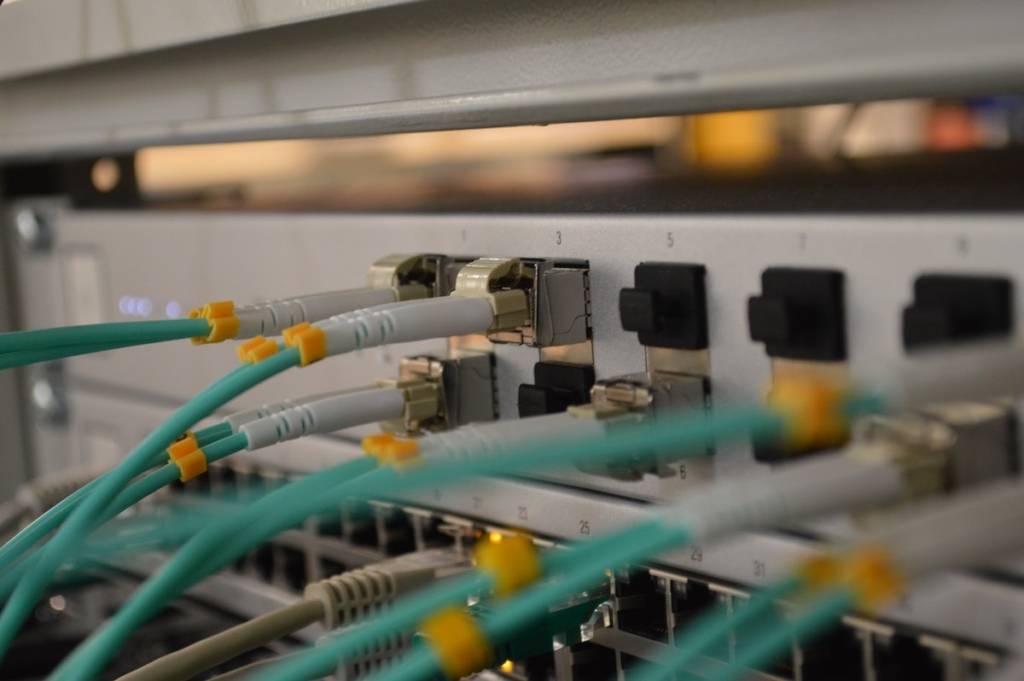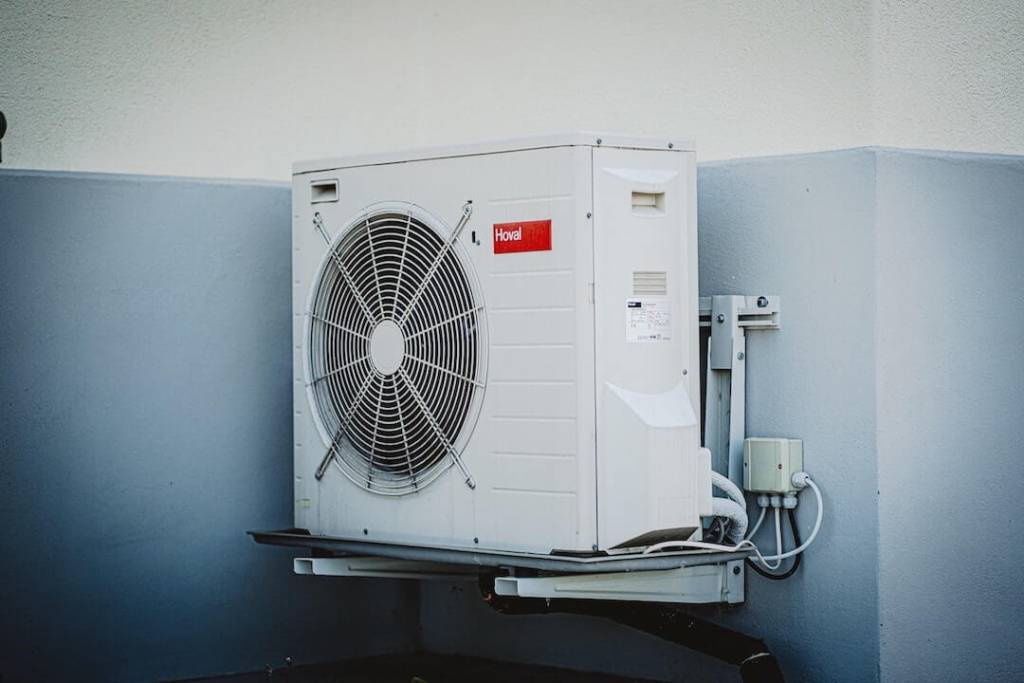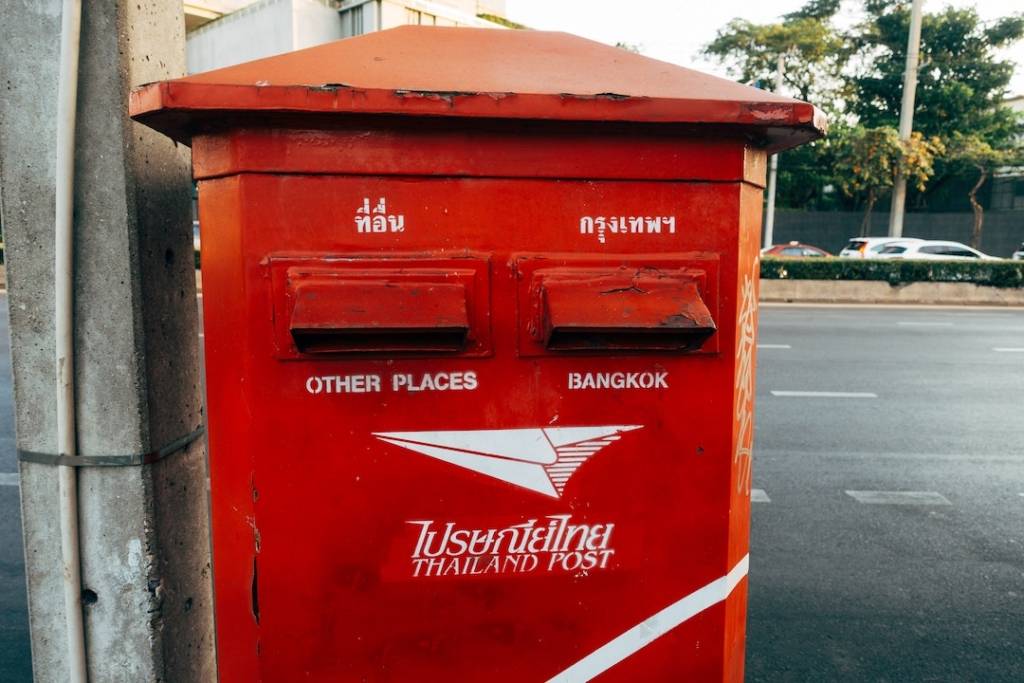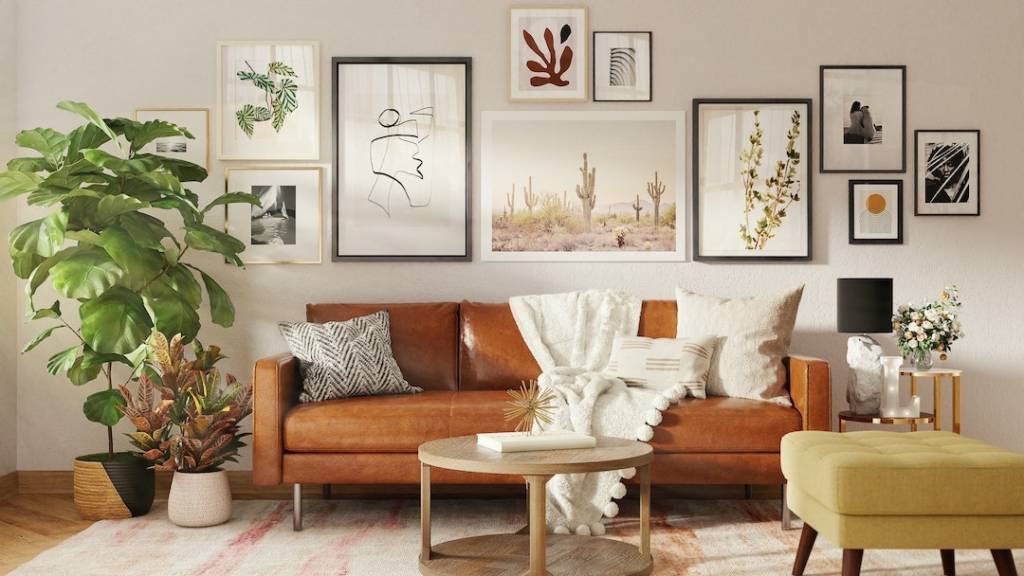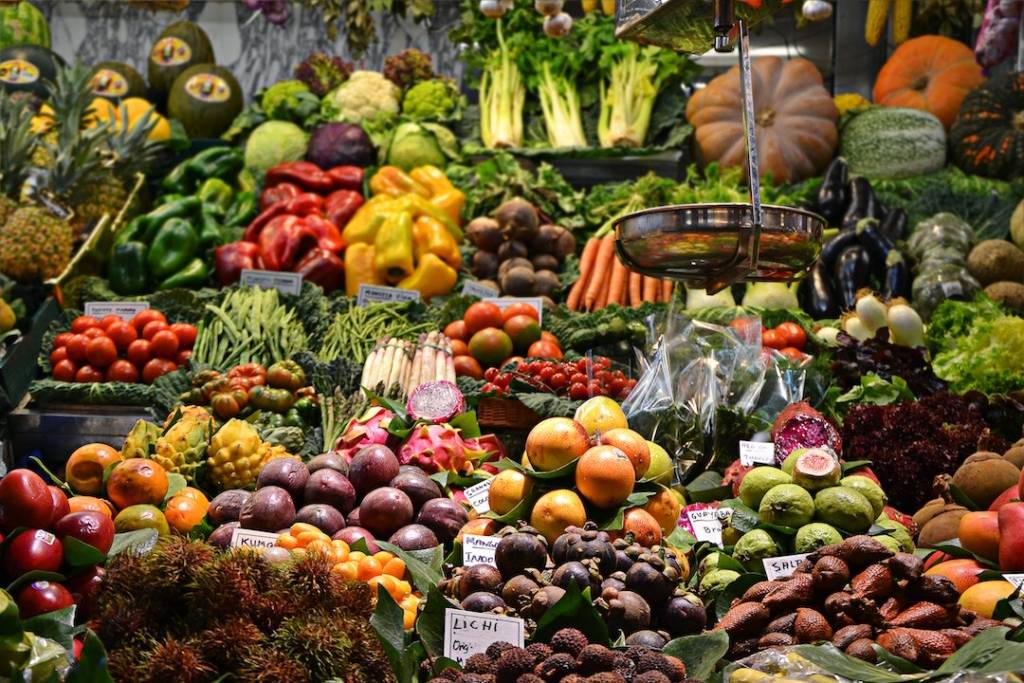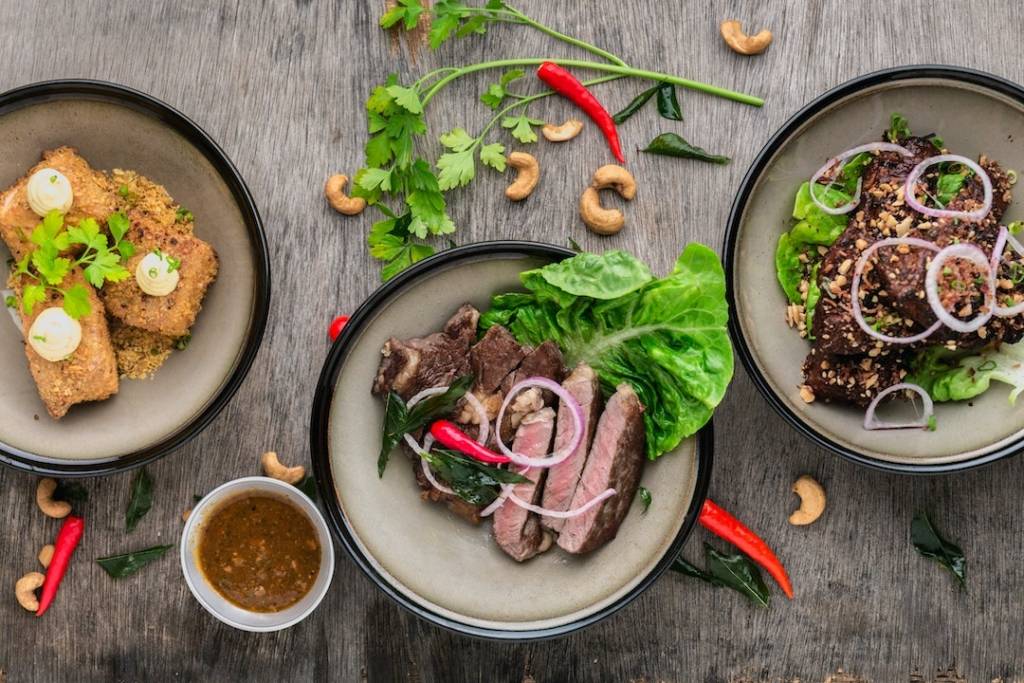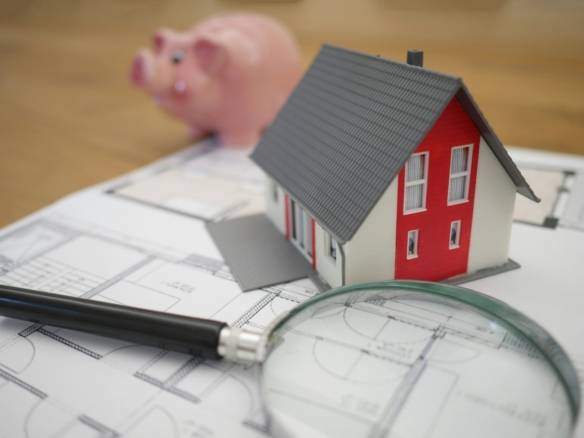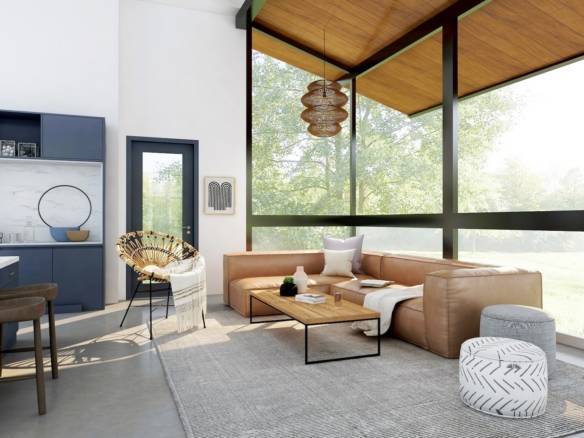This toolkit is designed to help renters in Chiang Mai to better understand how to live in their homes and be a resource to the community. For any handyman, repair, electrical, or plumbing work please contact Expat Homes’ maintenance department.
DISCLAIMER: Each house, condo, and townhouse in Chiang Mai is different and will have its own unique systems, setups, and quirks. This manual is written as a general guide and may or may not apply to your home.
PAYING RENT
Most homeowners in Thailand prefer to have rent directly deposited into their personal Thai bank accounts. This means the foreign renter must find a way to deposit cash or make a bank transfer directly into the Landlord’s bank account every month. The following is our recommended methods for paying rent each month:
- Thai Bank Account Transfer – You can transfer money from your personal Thai bank account into the homeowner’s Thai bank account. It takes less than a minute and you only need the account name, number, and the name of the bank. This does require that you have a personal Thai bank account and access to it via browser or an app.
- Wise (formerly Transferwise) – Wise allows you to transfer money from your bank account in your home country to any Thai bank account for a relatively small fee with excellent exchange rates. You can enter in the exact amount you want the receiver to get and the application will back calculate the exact foreign currency amount you need to send. You will need the recipient’s full name, address, routing number, account number, account type (possibly), and recipient bank’s BIC/SWIFT code (possibly). Use this link to get a free first transfer of up to 500 GBP.
- Cash Deposit – If you have a way to get cash, you can go into any bank in Thailand and tell them you want to make a deposit. Use the homeowner’s bank account info from your lease agreement to make the deposit. Be sure to save your receipt and take a picture of it for your records.
*Thai banks have very limited reporting when it comes to who deposited or transferred money into your account. It can be difficult to connect a deposit to the person who sent the money unless you have a receipt.
ELECTRICITY
Electricity is provided by the Provincial Electric Authority also called PEA. The bills arrive on a monthly basis in the mailbox of the house and can typically be paid at 7-11 (if it has a barcode). If you have a Thai bank account they can also be paid using the PEA Plus application. Sometimes homeowners set up a direct draft so the bill is automatically paid out of their bank account each month, and then they ask their tenant to reimburse this amount. Your bill will vary from each month depending on usage, house appliance efficiency, etc.
Thailand is on a 220 volt system which may differ from your country of origin such as the USA that uses 110 volts. Be sure to check your electronics to see if it accepts 110-220 inputs or if it’s strictly 110. If it’s strictly 110 you will need a step down converter to turn the voltage into 110. Be careful because simple plug adapters won’t convert the voltage to 110 but just change the shape of your plug into something that works in Thailand.
WATER/PLUMBING
Most houses in Thailand get their water from the Provincial Water Authority known as the PWA. You will typically receive a bill from PWA in your mailbox every month that you can pay at any 7-11. Alternatively your neighborhood may have a water well which distributes water to the houses within the neighborhood. If your water comes from the neighborhood well you will get an invoice in your mailbox. You can usually pay for this at the neighborhood office.
If you want to pay your water bill online here is PWA’s official Line. You might need a friend who can read Thai to help you set it up.
NEIGHBORHOOD FEES
Each neighborhood (also called a muu baan in Thai) has a common fee. This fee covers things like trash, security guards, street cleaning, and other neighborhood amenities. Occasionally this fee also includes things like fitness and swimming pool access, but most don’t include these things. Sometimes the common fee is covered in the contract and paid by the homeowner, but many times it is paid separately by the tenant. This fee is paid at the neighborhood office.
TRASH
Trash pickup is usually handled by the neighborhood juristic office and comes 1-2 times per week. The trash fee is typically covered as part of the neighborhood fee mentioned earlier. You can put your trash into black trash bags and leave them in a receptacle in front of the house.
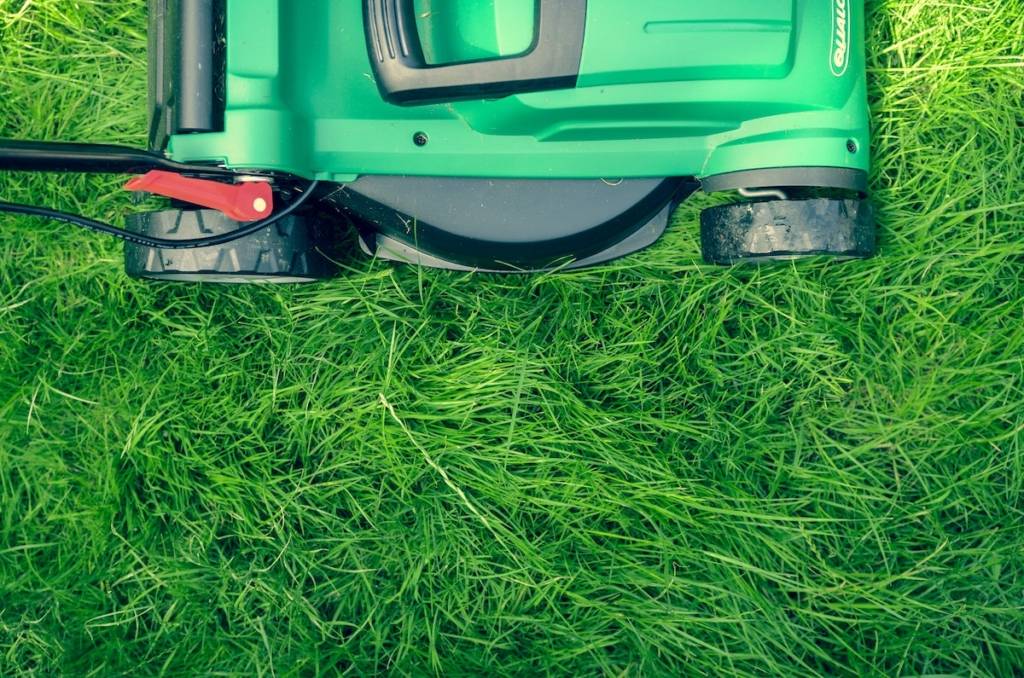
LAWN/GARDEN CARE
You will want to have a plan for keeping your lawn/garden trimmed regularly. Grass, bushes, and trees grow very quickly in Thailand and need to be regularly maintained. A good rule of thumb is to trim the garden twice a month during the rainy season and once a month the rest of the year. You can usually find gardeners in your area or reach out to Expat Homes for lawn/garden service.
PEST CONTROL
Usually homeowners will be responsible for termites but don’t see other pests such as ants, cockroaches, mice, etc. as their problem. Thai homeowners will also tend to hire pest control services that use harsh chemicals. Many times renters want to hire their own pest control services so they can control what chemicals, if any, are being used.
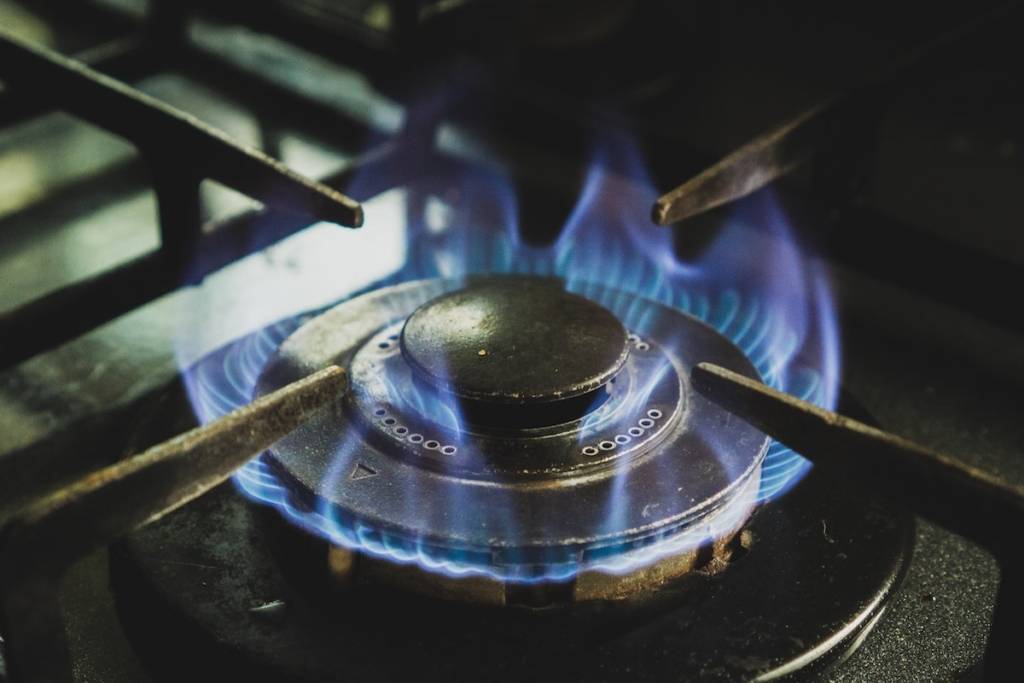
COOKING GAS
If your stove/oven has a gas range then you will need to use a propane tank to supply cooking gas for the home. Sometimes the property will already have a tank that you use and refill by calling the local shop listed on the tank. Refills can be delivered quickly to the house and are swapped out with the empty tank. If there is no gas tank at the property you can order one from a local shop in your area, pay the deposit for the tank, and refill as necessary. When you are finished with this propane tank you can return it to the shop with your original receipt and get the deposit back. Expat Homes provides help in setting up these services as well.
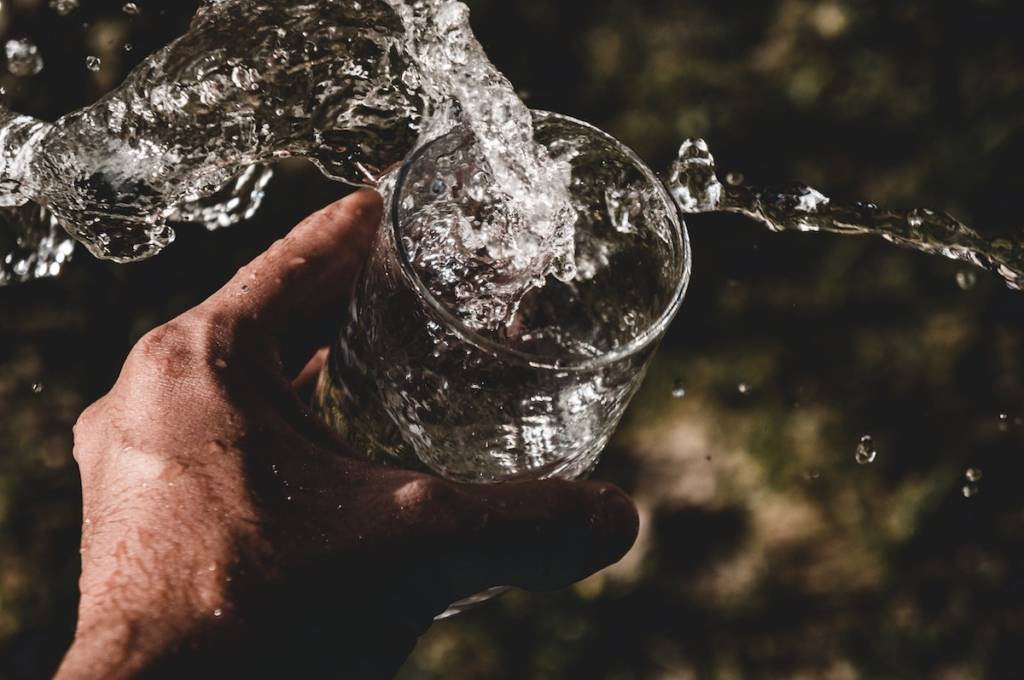
DRINKING WATER
Aside from the tap water that comes in from the city you will need to find a solution for clean drinking water. Some people rely on water delivery services, while others prefer to purchase a filtration system that filters the tap water to make it drinkable. Expat Homes can provide assistance in setting up either of these two drinking water systems.
- Delivery Service – Drinking water delivery can easily be set up with a local shop to come refill on a weekly basis. They typically have 20-25 liter bottles as well as crates of smaller bottles that can be put directly into a refrigerator if needed. The amount you will need to order initially will depend on your family size, etc. You will also need to buy a water dispenser which can be found at Homepro, Makro, Big C as well as other stores.
- Filtration System – This option is more expensive upfront but can save you in the long run. A filtration system can be purchased at Homepro, Global House, or various homegoods stores in Chiang Mai. Some may include installation or you can contact Expat Homes for help with installation.
WIFI/INTERNET SERVICE
Chiang Mai has stable internet service with excellent value for the given download and upload speeds reaching up to 1 Gbps. Some of the local internet service providers are 3BB, AIS, Truemove, and TOT. In order to install the internet you will need to contact a local ISP to order your package, coordinate with the install team, and oversee the installation process. Alternatively, you can contact Expat Homes to manage this on your behalf.
AIR CONDITIONING SERVICE/MAINTENANCE
Unlike many western homes that have central AC, Thai homes have split unit air conditioners for each room. These split units have an indoor fan unit and an outdoor compressor unit. In general Thai people don’t use as much electricity as foreigners and often get by with 1-2 ACs in their homes. Meanwhile foreigners will often want an AC anywhere in the home where they spend significant time including the living room, kitchen, and bedrooms. These split units must be maintained and cleaned on a regular basis. The best practice is to have each AC power washed and topped up with refrigerant by an AC technician at minimum on an annual basis.
ADDRESSES/MAIL
When you see a home address in Thailand, the first line will have the neighborhood number / house number such as “193/127”. 193 is the neighborhood number and 127 is the specific house number. Oftentimes you will live on a street/soi with a number (Soi 10). Then you may see what is called the “Moo” which are plots divided up by numbers like “Moo 1”. After that you get the subdistrict/tambon (“T. Mae Hia”) and the district/amphur (“A. Mueang”). Then you have the province/jangwat (“Chiang Mai”) followed by a 5 digit postal code code (50100). You can use this address to have things delivered to your house, order food, etc. Check your rental contract since it should be listed there.
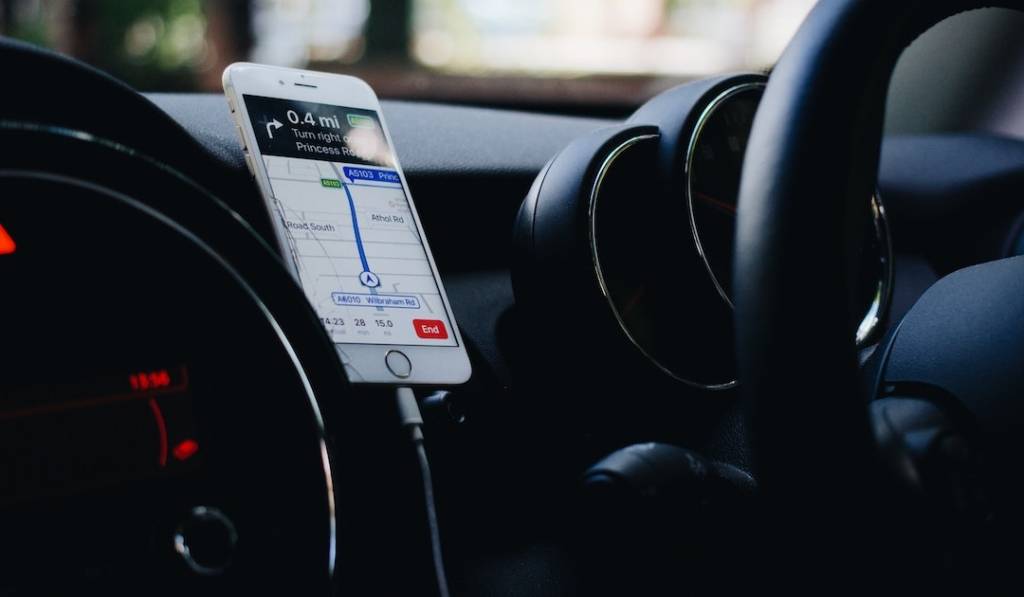
MAPS/GPS
We have found Google Maps is the best service for routing and finding things. However you can’t type in addresses into Google Maps and expect it to work. You can type in business names like “Homepro” or “7-11” but it doesn’t work for residential properties or business addresses. It’s best if you can save a “Google Pin” for your house that you can share with friends and family to route them to where you live. Also Google doesn’t do a good job of routing inside of neighborhoods so you have to be careful.
HOME GOODS
You will find a multitude of shops and department stores. Here’s some you might frequent in Chiang Mai depending on what you need:
- Homepro – Sort of like Home Depot in the USA where you can find general home improvement items.
- Global House – Similar to Homepro but in a larger warehouse/store with both raw materials as well as finished products.
- Ban Tawai District – Lots of high quality furnishings, not cheap, but built by local craftsmen. Real wood furniture, picture frames, lamps, and other decor can be found here.
- Robinson – This store can be found at any Central mall and is sort of like Dillards or Sears. You can find many things there but it’s best for high quality home goods, kitchen appliances, toys, bedding, and other items.
- IKEA in Bangkok – You can order all kinds of stuff from there and it usually comes in less than a week. This is a great backup option for things you can’t find in Chiang Mai.
- Index Living Mall – This is sort of like Thailand’s version of Ikea. They have household goods, furniture, decorations, and appliances.
- Lotus – It’s kind of like Walmart with home goods, clothing, and some grocery items.
- Big C – This store is similar to Tesco but more economical for those who are budget conscious.
- Decathlon – This place supplies sporting goods at a reasonable price. They sell supplies for camping, basketball, rugby, tennis, soccer, bikes, scooters, etc. It’s one of our favorite new places to open in Chiang Mai over the past few years.
GROCERY
Rimping – This is a grocery store with more foreign food imports from around the world. This store tends to be more expensive than other local grocery stores.
Makro – This grocery store is kind of like Costco or Sam’s Club with a lot of things in bulk. It can be good to start shopping here and then head to Rimping for anything you couldn’t find. Be warned you can only pay in cash or by Thai bank transfer as of writing this manual.
Local Markets – There are many local markets where you can buy fresh fruits and vegetables and locally sourced grocery items. The prices are usually cheaper and sometimes the food can be fresher since it didn’t travel as far, but it can also go bad quicker. In many of these markets they will also have food stalls where you can order Thai food to bring home or eat in the food court.
RESTAURANTS/FOOD DELIVERY
Grab/Food Panda/Tuk – These applications can be downloaded to your smartphone and give you access to ordering food from hundreds of restaurants in Chiang Mai delivered to your house.. Usually the delivery fee is very reasonable and comes in a reasonable time frame.
We LOVE Thai food and since you’re in Thailand you can find good Thai food almost anywhere. So here’s our curated list of our favorite local restaurants in Chiang Mai with foreign foods:
- Food for Thought / Ozark (contemporary, western, clean eating options)
- Salsa Kitchen (Mexican with some solid vegan options)
- Nics (western and Thai food with an awesome playground for kids)
- Border run (burritos and rice bowls located in Mae Hia Market)
- Korean Monster (Korean food)
- Danissa (Western food, bakery, cafe style food)
- Beast Burger (our favorite burger in Chiang Mai, you can’t go wrong on their menu)
- Indian grill
- Accha (Indian food)
- Why Not (Italian food)
- Yummy’s (pizza, salads, wraps, and other good food)
- Dukes (classic American restaurant with a large menu)
- Dash (high end Thai food restaurant inside the moat)
- Bella Goose (Excellent western food and coffee)
- Judy’s Kitchen (Thai food conveniently located in Koolpuntville 9)\
- Amataros Sourdough Pizza
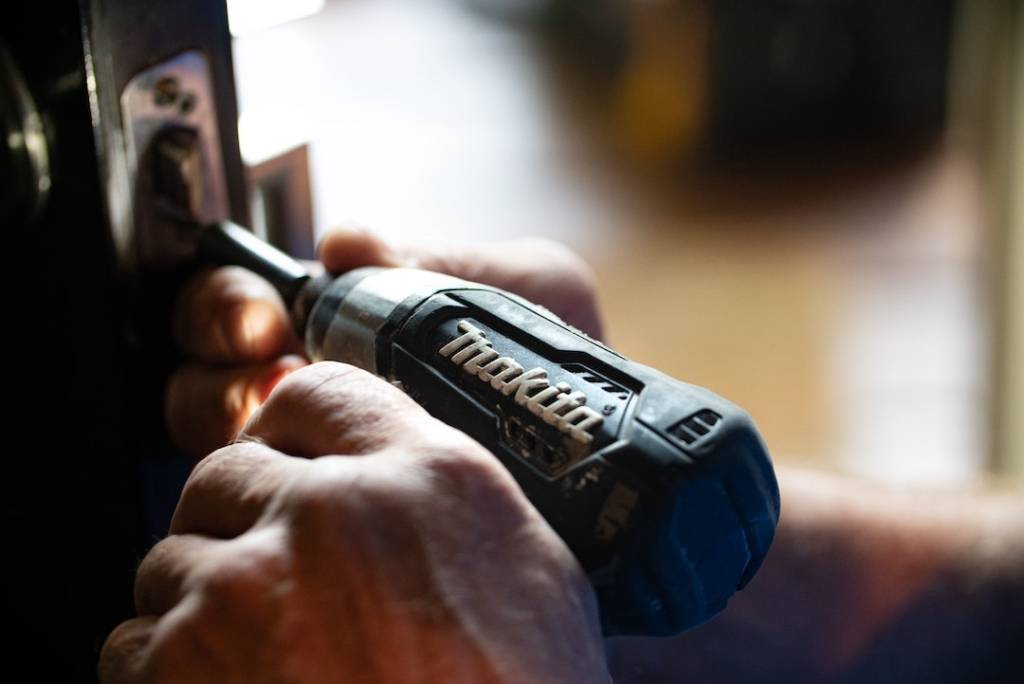
ปัญหาการซ่อมบำรุงบ้าน
Expat Homes has an experienced maintenance team standing by that can help resolve home issues such as electrical, plumbing, and other home maintenance issues. Additionally communication can be done in English
Below is a list of issues you may run into while living in your home. By no means is this an exhaustive list of issues but simply some of the most common.
ELECTRICAL ISSUES
You will find that each house in Thailand has a meter just outside, typically on a pole in front of the house. From there the main power line runs into the house to your breaker box which should be centrally located on the first floor of the home.
- Appliance or electrical outlet loses power – Occasionally you will have an AC, hot water heater, or several outlets lose power because there was an overload on the breaker switch. You can check the breaker box to see if a breaker switch was tripped and is no longer fully in the “on” position. Please take care if you are going to flip it back so that the circuit is no longer overloaded. If you’re uncertain you can contact Expat Homes to have an electrician come and check it out.
- Brown Out – Occasionally the Provincial Electric Authority (PEA) will reduce the amount of power supplied to houses and you will have a brown out. The electricity in the house will be really strange and you will see a lot of the more powerful appliances fail to turn on like ACs, water heaters, etc. Not much you can do here except to wait.
- Power Outage – If you have a power outage you can report it to PEA directly (Phone# 1129) or report it to the guards in your neighborhood who can verify the whole neighborhood is without power and report it to PEA.
WATER/PLUMBING ISSUES
Most houses have a water tank which is either above or below ground. Water comes in from the water meter which is usually located near the outside wall at the front of the property. This water feeds into the water tank (if your home has one) which creates a reserve of water for the house. From the water tank the water pump pushes water into the house with pressure. The following are some water/plumbing issues you might encounter and how to diagnose them:
- No Water and the Water Tank is Empty – Check the water tank to see if you’ve run out of water and it’s no longer filling up the tank. If there’s no water in the tank and it’s not refilling, go and check the water meter at the street to verify it’s turned on. Sometimes the meter can be closed and just needs to be opened. Occasionally there are water shortages and there’s not enough reserve water in the tank to make it through the time of having no water. There’s not much you can do about this but you can order a water truck to come and fill up your tank if you’re getting really desperate.
- No Water and the Water Tank is Full – There’s likely a problem with the water pump. It could just need to be primed if there’s air in the line, some mechanical issue, or it doesn’t have power. If there’s a power outage unfortunately the pump will stop working as well.
- Water Pump is Running Too Frequently – Water Leak – There could be a water leak somewhere inside the house like a toilet that’s constantly running or a faucet that’s constantly dripping. Worst case scenario is that there’s an underground water leak which likely requires professional help.
- Water Pump is Running Too Frequently – Pressure Switch – The water pump pressure switch could be malfunctioning and needs to be adjusted or replaced.
- Clogged Toilet – Thai septic systems are more sensitive than western systems. Therefore toilet paper shouldn’t be flushed down the toilet to avoid clogs. This is kind of crude but can be helpful to remind kids “if it didn’t come out of your body it shouldn’t go down the potty”.
- Clogged Sinks – Kitchen sinks can get clogged from too much food or fats being poured down the drain (no garbage disposal systems) and bathroom sinks can get clogged from time to time as well.
AIR CONDITIONING
- Blowing air but not cold – This often happens when an AC is running low on coolant and needs to be cleaned and recharged. There may be other issues as well such as a leak in the compressor, or the compressor won’t turn on for some reason. Be sure to contact a qualified technician to inspect and fix the issue.
- Water leak inside the house – This happens when the drain from the indoor fan unit doesn’t drain properly to the outside of the house and becomes clogged, etc. This is likely a simple fix of clearing the drainway but you will want a professional to come diagnose and fix this issue.

